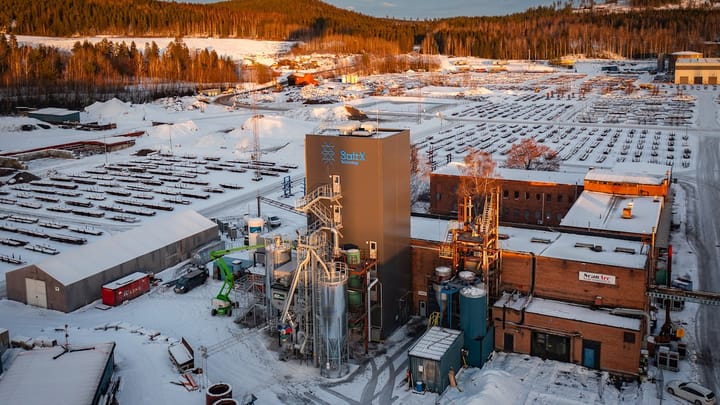Pioneering Decarbonisation in Cement Production Through Hydrogen and Oxy-Combustion Technologies
A recent study published in Energy Conversion and Management journal outlines the potential for deep decarbonisation in the cement production process.

In an effort to address the urgent need for decarbonisation within the cement industry, a pivotal study has explored various technical pathways for substantially lowering carbon emissions from clinker production facilities. Conducted by researchers Daya Ram Nhuchhen and others, the investigation utilized Aspen Plus process simulations to evaluate the impacts of substituting fossil fuels with hydrogen (H2) and incorporating oxy-combustion methods combined with carbon capture and storage (CCS).
The study investigated a conventional natural gas-fueled reference plant and applied four different scenarios for fossil fuel replacement with H2, produced via on-site water electrolysis. This process not only offers an alternative fuel source but potentially negates the necessity for an air separation unit (ASU) by supplying oxygen for oxyfuel combustion. Results from the simulations indicate a notable decrease in total energy input and CO2 emissions with the adoption of H2 and oxy-combustion techniques, compared to traditional fossil fuel usage.
Notably, the natural gas-fueled oxyfuel-combustion process presented the lowest total energy requirement, marking a 35% reduction compared to the reference plant. Hydrogen-utilizing processes further decreased energy demand, achieving up to 33% reduction in specific scenarios. However, these advancements highlight the challenges of fuel substitution alone in achieving complete decarbonisation of the cement industry. The research underscores the necessity for innovative approaches in raw material use and the broader implementation of CCS technologies to realize deeper decarbonisation goals.
This groundbreaking study offers a glimpse into the future of sustainable cement production, emphasizing the critical role of advanced fuel technologies and CCS in mitigating climate change impacts. As the cement industry continues to seek solutions for its carbon footprint, the findings from this research present a promising avenue for environmental progress and industry innovation.
Source: Science Direct



